Trident safety concerns 'not been proved', says defence secretary
- Published
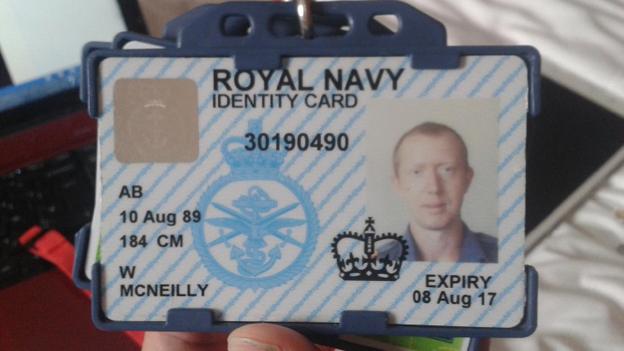
Able Seaman McNeilly had gone on the run
The UK's Defence Secretary Michael Fallon has said a whistleblower's concerns about Trident nuclear submarine safety have not been proved.
He said William McNeilly's allegations were either incorrect or the result of misunderstanding.
The Royal Navy submariner claimed the missile system on the Clyde was a "disaster waiting to happen".
During a later debate, Alex Salmond said Mr Fallon's explanation was "an insult" to the public's intelligence.
In an adjournment debate, the former first minister of Scotland demanded a clearer response from Mr Fallon on claims made by Mr McNeilly.
Mr McNeilly wrote a report, external, detailing "serious security and safety breaches".
Incidents included in his report varied from complaints about food hygiene to failures in testing whether missiles could safely be launched or not.
He described security passes and bags going unchecked at the Faslane submarine base on the Clyde, alarms being muted "to avoid listening" to them, and stories of fires starting in missile compartments.
Mr McNeilly said he raised these and other concerns through the chain of command on multiple occasions, but that "not once did someone even attempt to make a change".
In a statement addressing the 25-year-old able seaman's concerns, Mr Fallon insisted that neither the "operational effectiveness" of the fleet "nor the safety of our submariners or public have been compromised".
Able Seaman McNeilly, who is from Belfast, went on the run after making his claims earlier this month.
He was later "apprehended" by Royal Navy Police at Edinburgh Airport and was held at a military establishment in Scotland.
An official investigation was launched into the safety concerns he had raised.
Mr McNeilly is an engineering technician submariner who said he had been on patrol with HMS Victorious earlier this year.
'Factually incorrect'
Mr Fallon's statement said: "I can assure the House that neither the operational effectiveness of our Continuous at Sea Deterrent nor the safety of our submariners or members of the public have been compromised.
"Able Seaman McNeilly published his comments following his first submarine deployment. He was under training, and his access and exposure to activities and material on board were appropriate to his security clearance.
"We have found no evidence that he raised any concerns with colleagues on board or with the chain of command: had he done so, the more senior and experienced submariners would have been able to explain how the boat operated and why McNeilly's concerns were unfounded.
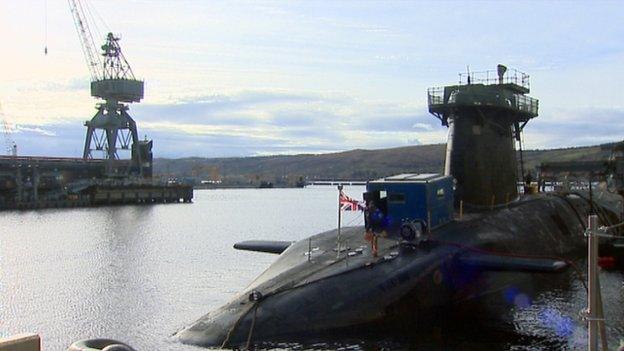
Mr McNeilly said the Trident missile programme was a disaster waiting to happen
"A number of the issues he raised did not occur during his patrol.
"Most of McNeilly's concerns proved to be either factually incorrect or the result of mis- or partial understanding; some drew on historic, previously known, events none of which had compromised our deterrent capability and, where appropriate, from which lessons had been learned to develop our procedures as part of a continuous improvement programme."
The minister conceded that one allegations remained to be "fully examined" and it was in regard to allegations that e-cigarettes were being used within the submarine.
During the House of Commons debate, Defence Minister Penny Mordaunt said the allegations had not been dismissed by the MoD but been "thoroughly and methodically investigated" and found to be "utterly unjust".
She added Mr McNeilly had been released, faces no charges and on Tuesday returned to duty as a serving member of the Royal Navy.
Mr Salmond said: "We have no way of knowing whether any or all of these [allegations] have substance. But I would submit to this House that in terms of the crucial matter of safety which is clearly at stake here that the House, the public, deserve a better, more comprehensive explanation than the 500-word written statement issued by the Secretary of Defence today.
"That is an insult not just to this House, it is an insult to the intelligence of the general public."
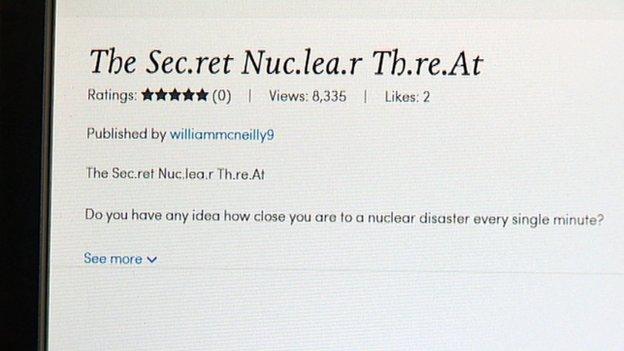
Mr Salmond expanded his criticisms to condemn secrecy around leaks in a test reactor at Dounreay, which were made public last year but which happened in 2012.
He said the MoD invoked "Crown immunity" to stop the leaks which were caused by small cracks in a prototype reactor deliberately run longer and harder than standard models to identify problems with the design before they emerged on the Vanguard-class submarines.
Mr Salmond said it prevented the Scottish Environmental Protection Agency (Sepa) from making information public in the same way as if there was a problem in a civil nuclear facility.
"I would like to submit this process of consultation and information is severely inadequate," he said.
He added: "We are passed the stage where the invocation of crown immunity can conceal from the general public for months and perhaps years nuclear incidents which may have a bearing on the safe operation of nuclear reactors in the Faslane base."
Mr Salmond said 57 of Scotland's 59 MPs would vote against the "main gate decision" on renewing Trident next year, adding this should give ministers "pause for thought".
No charges
Ms Mordaunt said the investigation into Mr McNeilly's claims, carried out by the Navy, included an analysis of the service history of the boat and of the patrol report; a review of the ongoing programme of work to improve safety and security at the bases of Clyde and Devonport and one-to-one interviews with the able seaman's chain of command, his colleagues and himself.
She added that consultations with the regulatory and operating authorities were also conducted.
Ms Mordaunt said the "most concerning" aspect of the case was the claim that the matters were raised while Mr McNeilly was deployed and ignored.
But she added: "We have thoroughly investigated this, including interviews with McNeilly's former crew mates. We have not found any evidence, formal or informal, of him raising any safety concerns, even privately, with those closest to him."
The Tory MP also confirmed that Mr McNeilly was not facing any charges, having been released into the care of the Royal Navy the day after his arrest on 18 May.
"He remains on duty as a serving member of the Royal Navy," she said. "He's not under arrest or in custody. Any restrictions that were initially placed on him for his welfare ... have been lifted."
Speaking about the Dounreay leak, Ms Mordaunt described it as a "non-incident" and insisted there had been no safety issues. She also pointed out that Sepa was required to report annually.
- Published19 May 2015
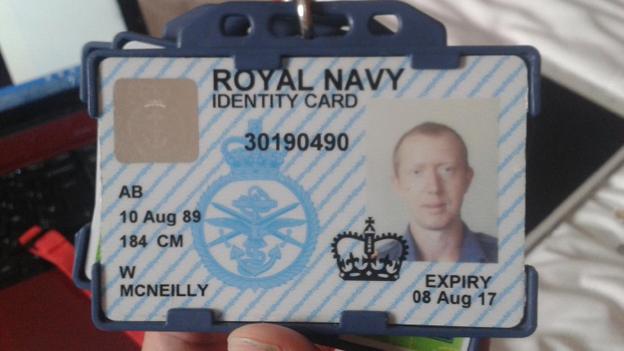
- Published19 May 2015
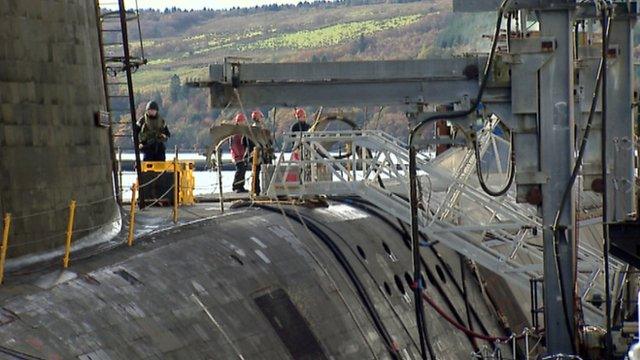
- Published18 May 2015
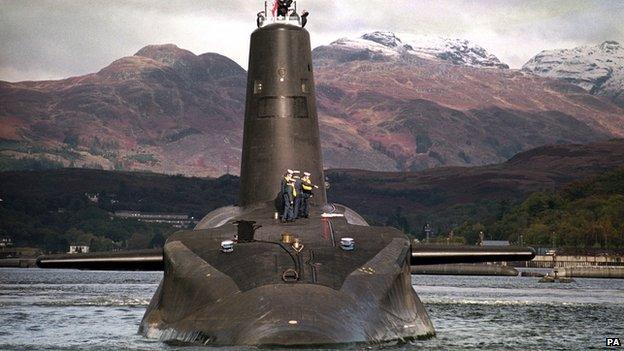
- Published26 February 2015